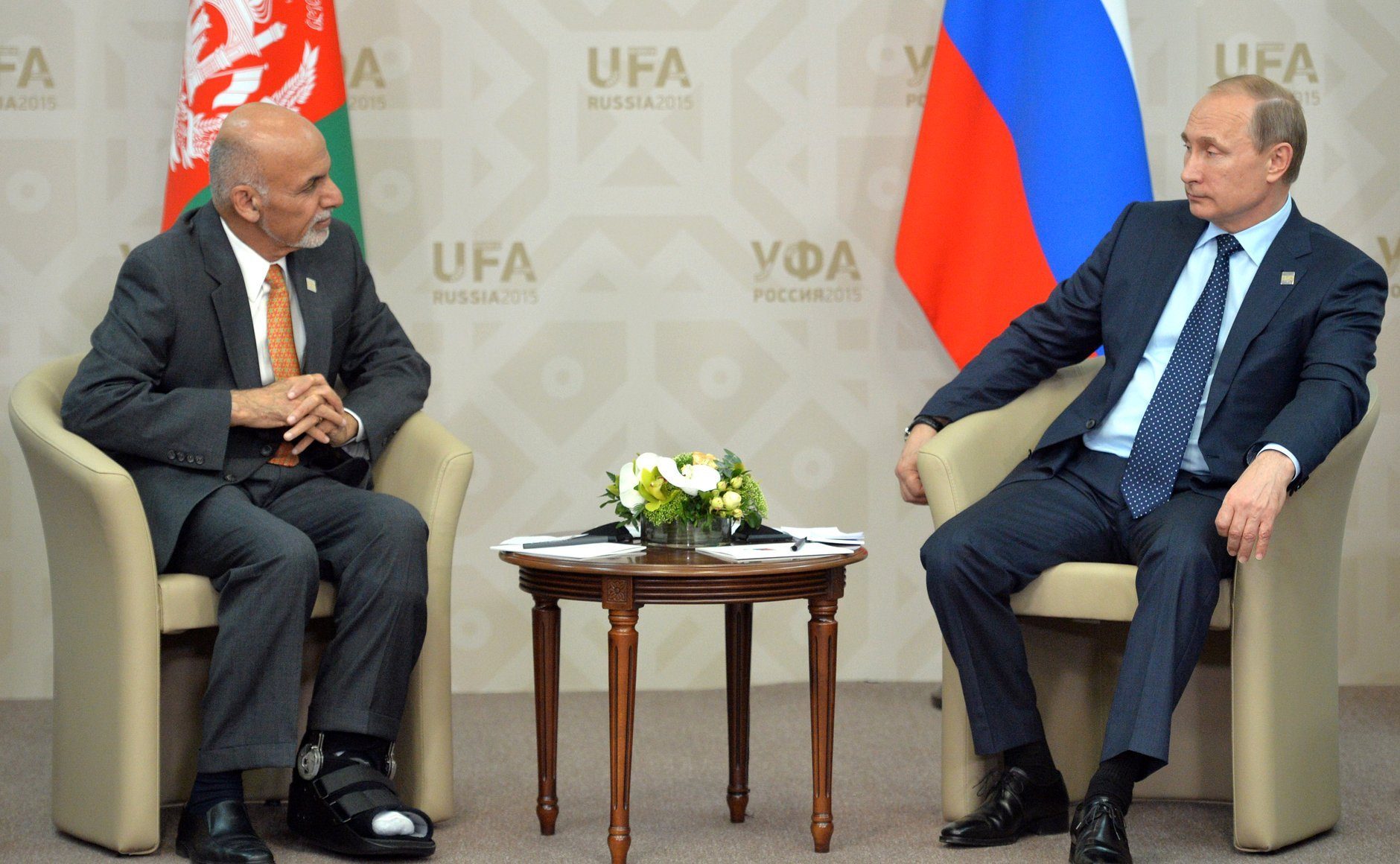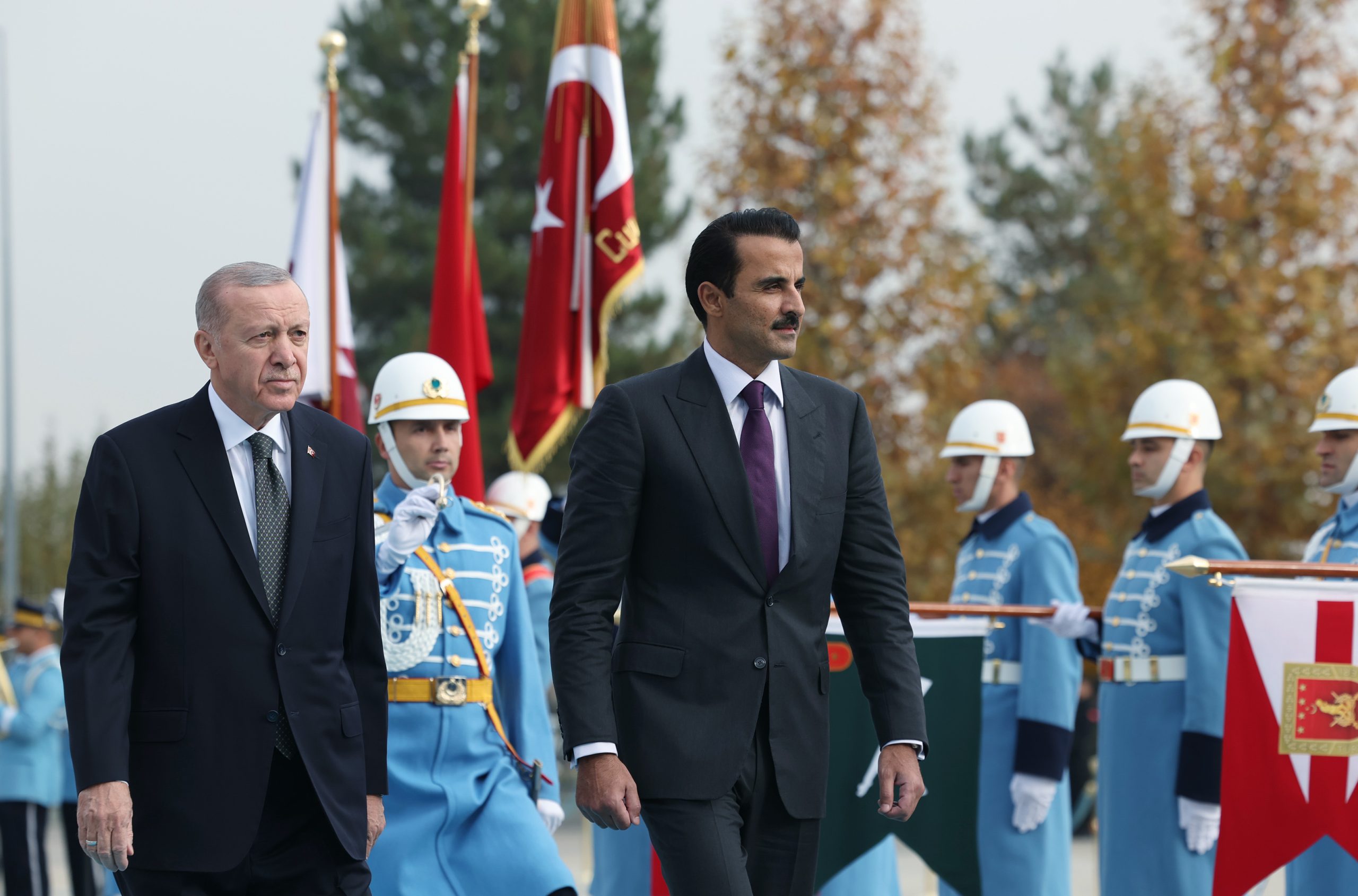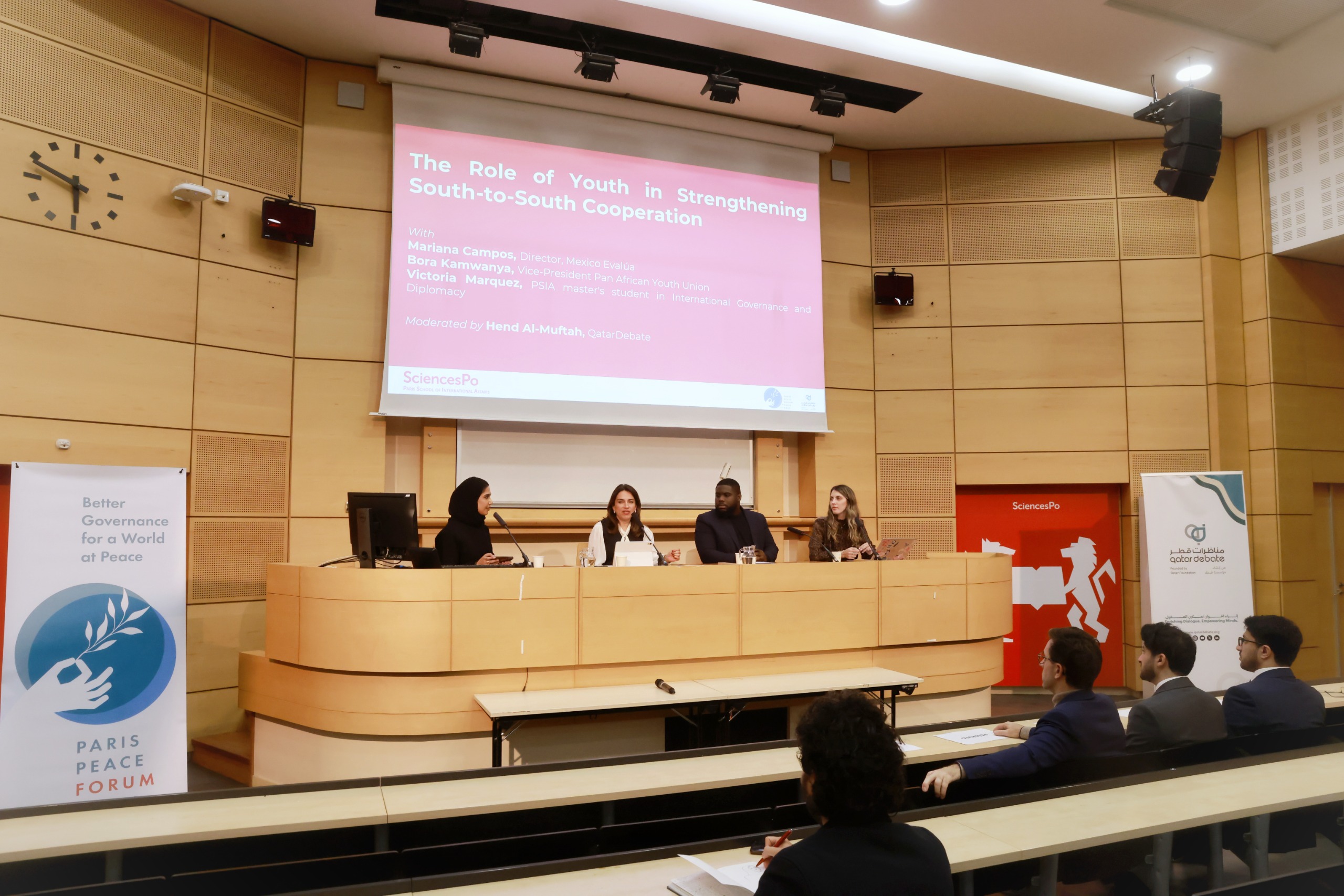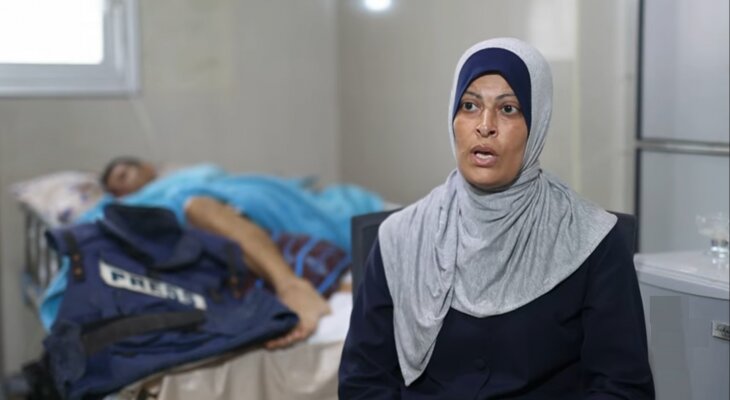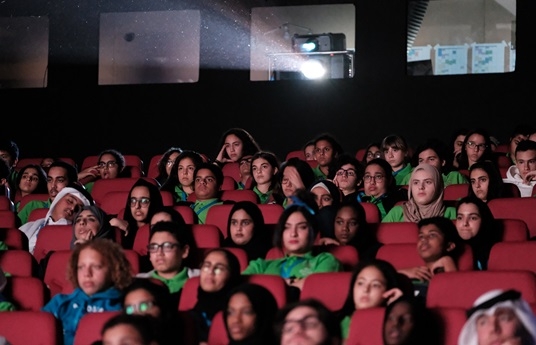Russian and Qatari officials say the conference are not designed to compete with Doha’s efforts in the peace process.
Global attention has now shifted towards a senior-level Afghan conference in Russia on Wednesday, amid international efforts to fast-track the delayed talks to end the war between the Afghan government and the Taliban.
Last week, Russia announced plans to host the meeting, which will be attended by delegations from the Afghan government, the Taliban, Russia, the United State, China and Pakistan.
With just one day left to the much-anticipated event, several invitees have announced delegates expected to attend the Thursday meeting.
Qatar
Official sources informed Doha News on Tuesday that Special Envoy of Qatar for Counterterrorism and Mediation of Conflict Resolution Dr. Mutlaq Al-Qahtani will participate in the Moscow meeting.
It is unclear whether he will be joined by other officials at the event, though the Associated Press [AP] said Qatar will be attending as an “honoured guest” due to its role in hosting several rounds of the historic talks since 2019.
United States
US Department of State announced on Monday that its special envoy to Afghanistan, Zalmay Khalilzad will also attend the meeting.
The Washington official visited Qatar to engage in the second phase of the talks, carrying proposals from the Joe Biden administration to put an end to the decades-long conflict in Afghanistan.
Among the many proposals was the hosting an international conference in Turkey, which is set to take place next month and has been welcomed by the Afghan government.
Afghan government
Kabul-based media outlet TOLO News confirmed last week that Abdullah Abdullah, chairman of the High Council for National Reconciliation will be heading to the Russia conference.
Abdullah will be leading a 12-member delegation of the Afghan government including: Parliament Speaker Rahman Rahmani; former Afghan president Hamid Karzai; ex-vice president Marshal Abdul Rashid Dostum; former vice president Mohammad Karim Khalili; Hizb-e-Islami leader Gulbuddin Hekmatyar; State Minister for Peace Affairs Sayed Sadat Mansoor Naderi; Chief Negotiator Masoom Stanekzail; republic negotiator Matin Bek; republic negotiator Nader; republic negotiator Habiba Sarabi; and Senate Deputy Speaker Alam Izedyar.
Read also: ‘Not a competition’: Afghan envoy to UAE under fire for Qatar mediation criticism
Afghan National Security Adviser Hamdullah Mohib also said his delegation agreed to attend the Turkey conference next month, with delegations yet to be announced.
Taliban
The spokesman for the Taliban office in Qatar, Mohammad Naeem confirmed that “a high-level delegation of 10 members of the Islamic Emirate of Afghanistan” will be attending the Moscow conference.
The delegation will be led by Taliban co-founder, Mullah Abdul Ghani Baradar.
Pakistan
Reports suggest Pakistan’s delegation will be led by special envoy on Afghanistan, Ambassador Mohammad Sadiq.
Pakistan played a significant role in mediating the Afghan talks, as well as those between the US and the Taliban, the most prominent of which was the 2+2+1 or the Murree Peace Process.
Read also: Russia to host Afghan summit to jumpstart peace process
Meanwhile, China has yet to announce its delegations.
‘No competition’
Qatar’s role in mediating between the warring factions has been widely praised by the international community since 2019, when the first round of peace talks were launched.
Just days ahead of the planned conference, controversial remarks made by Afghanistan’s ambassador to the UAE, Javid Ahmad, who criticised Qatar’s mediating efforts, were met with backlash.
The Russian president’s envoy to Afghanistan responded to the comments saying the meetings are “not a competition.”
In a press conference days earlier in Doha, Russian Foreign Minister Sergey Lavrov stressed that his country is not competing with Qatar’s role as the main host of the talks, given its prominent role in mediating between the warring factions since 2019.
“We all want the tragedy in Afghanistan to end as soon as possible. This is another example of what the consequences of democratisation that non-regional countries are trying to bring, look like in practice. We are not competing with Qatar or anyone else here. We do not speak here from positions that can be made the subject of some kind of jealousy,” he said.
Qatar’s Foreign Minister Sheikh Mohammed bin Abdulrahman Al Thani added that the meetings seek to push towards further progress in the Afghan peace process.
Follow Doha News on Twitter, Instagram, Facebook and Youtube

